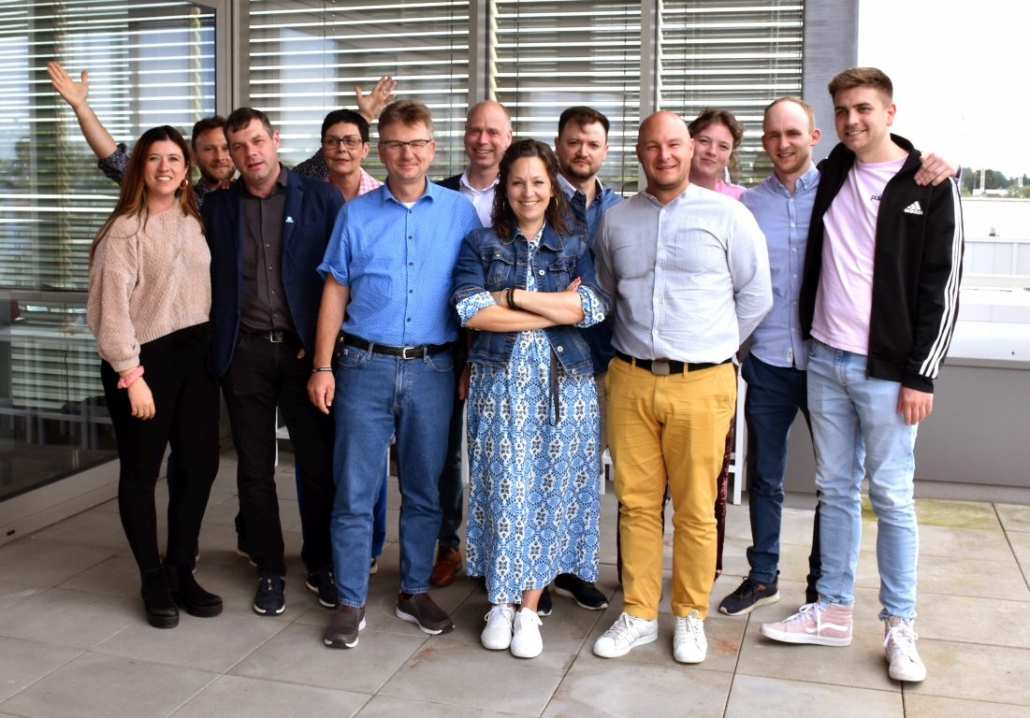Visitor address
Zalmweg 24
4941 VX Raamsdonksveer
The Netherlands
All locations →
The experts in our team are always willing to help you with:
Veterinarians can contact Dopharma (or the local representative of Dopharma), in order to obtain more information on the possibilities this cooperation can provide for you.
Simply give us a call or send an email to [email protected].

Zalmweg 24
4941 VX Raamsdonksveer
The Netherlands
All locations →
P.O. Box 205
4940 AE Raamsdonksveer
The Netherlands
Technical Support for any questions about Dophavacc and availability in your country: [email protected]
Chamber of Commerce 20004497
Dopharma Veterinaire Farmaca B.V.
P.O. Box 205
4940 AE Raamsdonksveer
The Netherlands
Tel: +31 (0)162 582000
Email: [email protected]
Website: www.dopharma.nl
Dopharma Veterinaire Farmaca B.V.
P.O. Box 205
4940 AE Raamsdonksveer
The Netherlands
Tel: +32 (0)475 367776
Email: [email protected]
Website: www.dopharma.be
Dopharma France S.A.S.
23 Rue du Prieuré, Saint-Herblon
44150 Vair-sur-Loire
France
Tél: +33 (0)2 40 98 02 16
Fax: +33 (0)2 40 98 03 99
Email: i[email protected]
Website: www.dopharma-france.com
Dopharma Deutschland GmbH
Hansestraße 53
48165 Münster-Hiltrup
Germany
Tel: +49 (0)2501 594349 0
Email: [email protected]
Website: www.dopharma.de
Dopharma Italia S.R.L.
Via Delle Porte Nuove 20
CAP 50144 Firenze
Italy
Tel: +39 348 9372724
Email: [email protected]
Website: www.dopharma.it
Dopharma Polska
ul. Wojskowa 6/B02
60-792 Poznań
Poland
Tel: +48 61 20 01 183
Email: [email protected]
Website: www.dopharma.pl
Dopharma Vet SRL
Str. Aeroport nr. 44
Localitatea Ghiroda
307200 District Timiș
Romania
Tel: +40 (0)256 386 105
Fax: +40 (0)256 386 104
Email: [email protected]
Website: www.dopharma.ro
Dopharma Iberia
Avenida de la Llana 123
08191, Rubí – Barcelona
Spain
Tel: +34 93 69 76 421
Email: dopharmaiberia@
groupandersen.com
Website: www.dopharma-iberia.com
RIPAC-LABOR GmbH
Autogenous vaccines
Am Mühlenberg 11
14476 Potsdam-Golm
Germany
Tel: +49 (0)331 581840-0
Fax: +49 (0)331 581840-10
Email: [email protected]
Website: www.dopharma-ripac.com